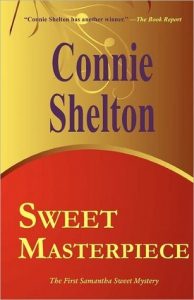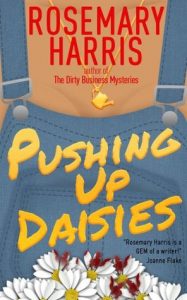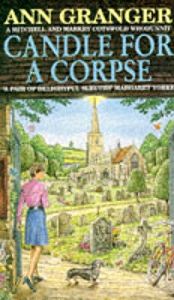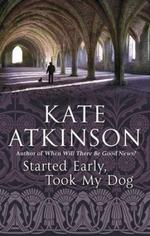 I’ll readily admit that the only reason I read Sweet Masterpiece was that it popped up in one of the Bookhub-emails that I actually read as a free book for Kindle, so I downloaded it to my «emergency library» (i.e. my phone), and then started it one of those times I was suddenly stuck somewhere without a book. It seems to be self-published, which would not normally be something I consider as a selling point. «Free,» however, sometimes works.
I’ll readily admit that the only reason I read Sweet Masterpiece was that it popped up in one of the Bookhub-emails that I actually read as a free book for Kindle, so I downloaded it to my «emergency library» (i.e. my phone), and then started it one of those times I was suddenly stuck somewhere without a book. It seems to be self-published, which would not normally be something I consider as a selling point. «Free,» however, sometimes works.
On the other hand, I would hardly have continued past the first few pages unless I found something to interest (cue trying to pick the next phone-read and dropping No Game for a Dame by M. Ruth Myers, also downloaded because it was free, like a hot potato after only a few sentences). Because I did. I also found quite a few things to irritate, though, so whether I’ll ever read another book of Shelton’s remains to be seen.
Sweet Masterpiece is the first in a series which belongs to the sub-genre «cosy mystery». I’m not neccessarily averse to a bit of cosyness or a bit of mystery, even in combination, however, a little bit of origininality could perhaps have been nice. The mystery is… well, not very mysterious. The cosyness dominates to the exclusion of much of an actual plot. Add to that a magical element – and fond as I am of fantasy, there is a time and a place for magic and I’m not sure this was it – and an ending which was… Well, both unpredictable in a «they lived happily ever after» sort of way and quite, quite as unbeliveable as that phrase is at the best of times.
On the other hand, I liked Shelton’s characters. Sam is charming (dare I say «sweet») in the way which makes you want to curl up with a glass of wine with her and get her to tell you her life story. And the, well, I guess I could call it extended family do their best to liven up an otherwise lumbering story. Add to that some snippets of local detail from an area of the USA I’m not that familiar with and you have enough to keep me going through the 200 odd pages. But, well, unless the next story in the series turns up as a freebie, I guess I’m unlikely to revisit Sam Sweet.
 I found Rosemary Harris’ Pushing up Daisies in my ebook library, though to be frank I have no memory of purchasing/dowloading it, so how it ended up there is anyone’s guess. In any case it seemed the sort of thing one could read on and off on the phone when suddenly stuck without a «proper» book, so I started it. And suddnely I had finished, without it being much off at all, just mostly on. So I guess that’s a recommendation?
I found Rosemary Harris’ Pushing up Daisies in my ebook library, though to be frank I have no memory of purchasing/dowloading it, so how it ended up there is anyone’s guess. In any case it seemed the sort of thing one could read on and off on the phone when suddenly stuck without a «proper» book, so I started it. And suddnely I had finished, without it being much off at all, just mostly on. So I guess that’s a recommendation?
 Having gotten my hands on Started Early, Took My Dog, I obviously had to start it as soon as possible.
Having gotten my hands on Started Early, Took My Dog, I obviously had to start it as soon as possible.